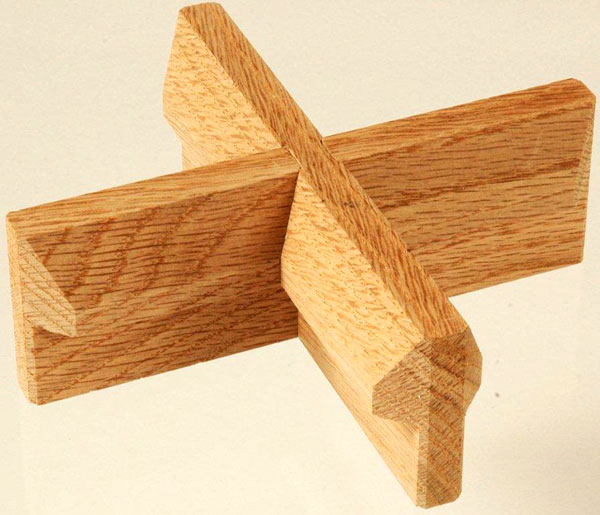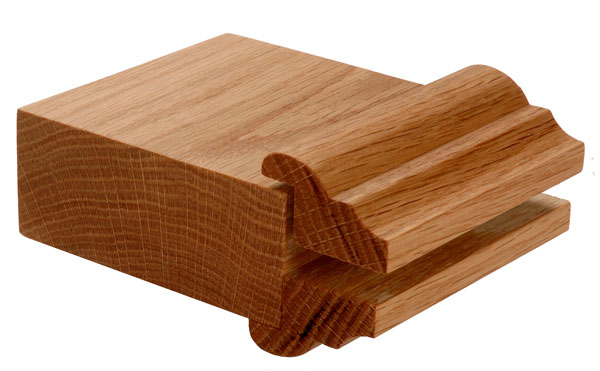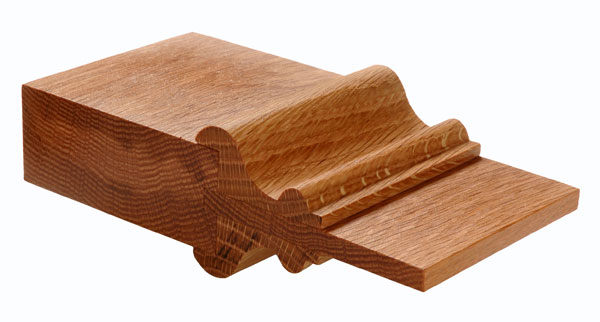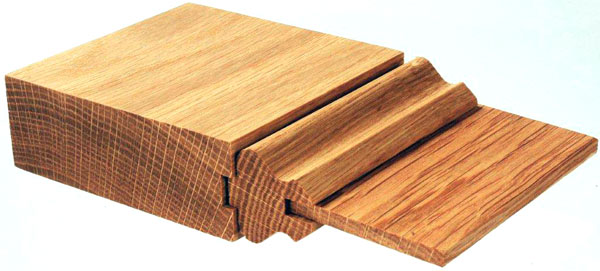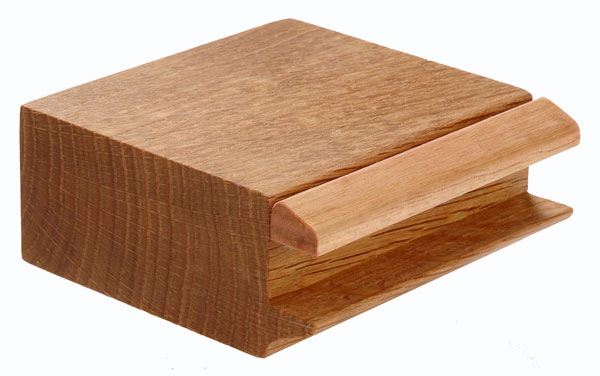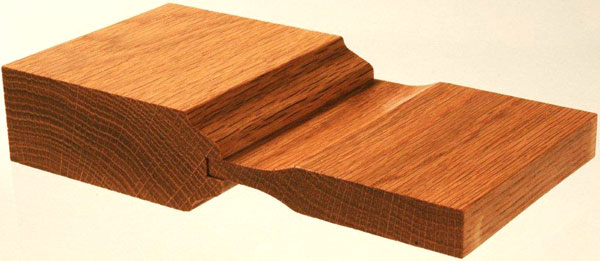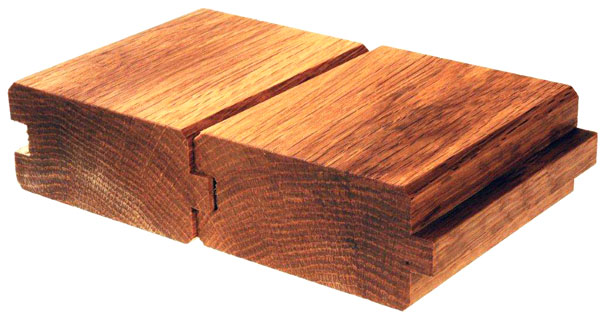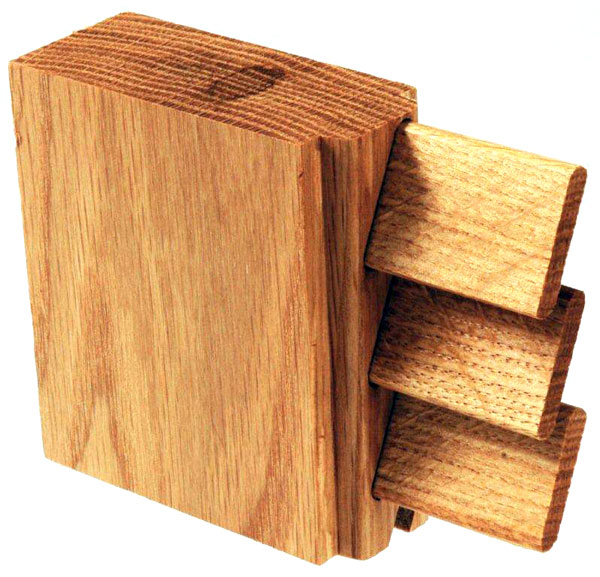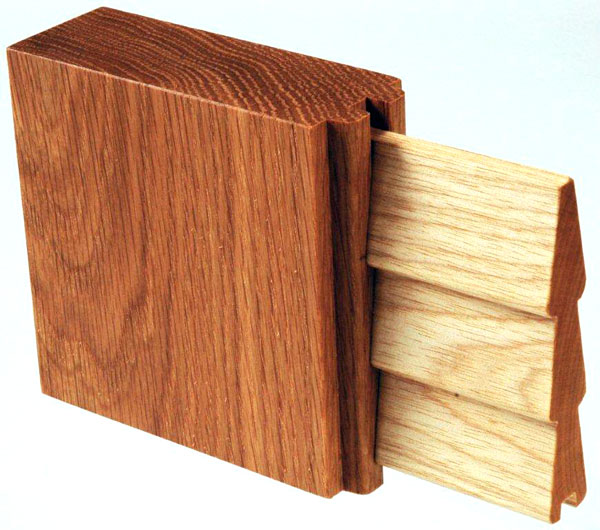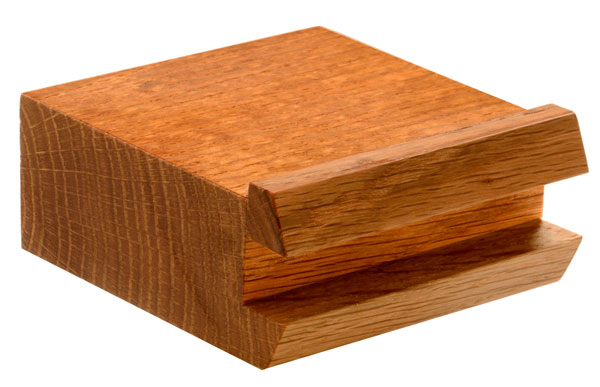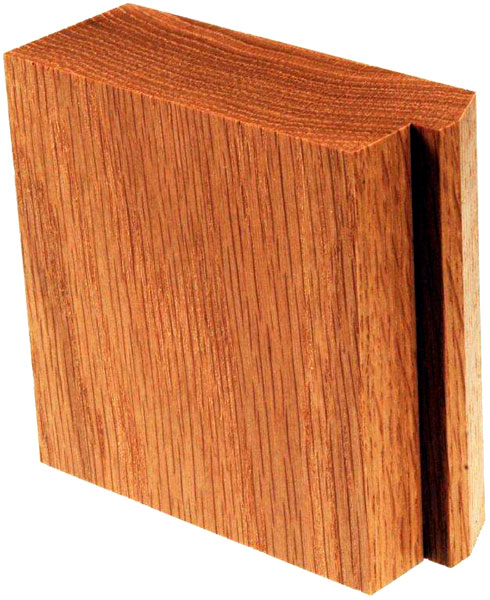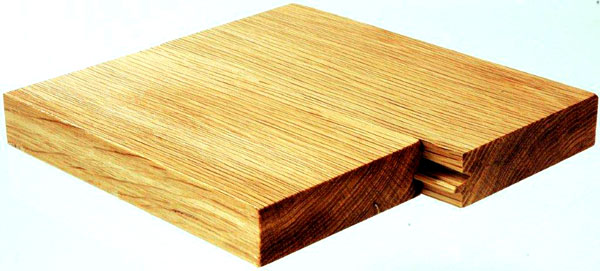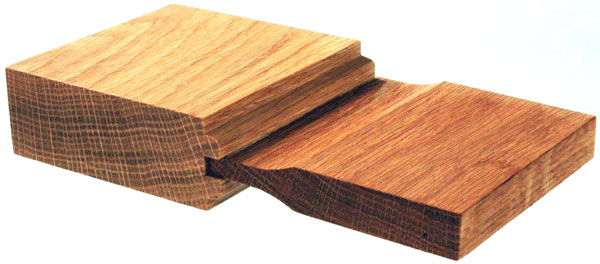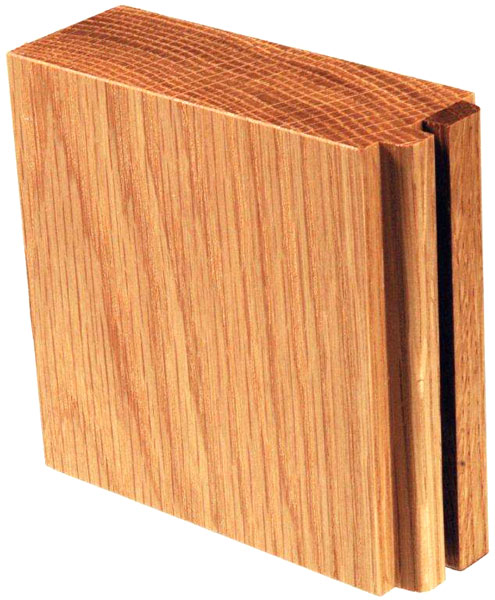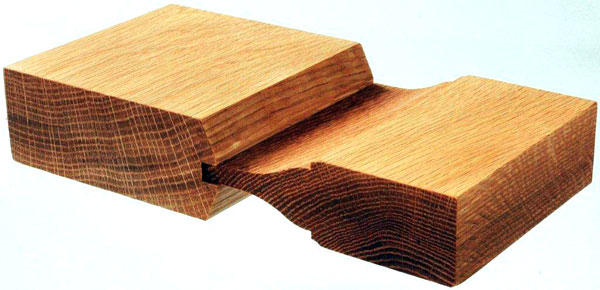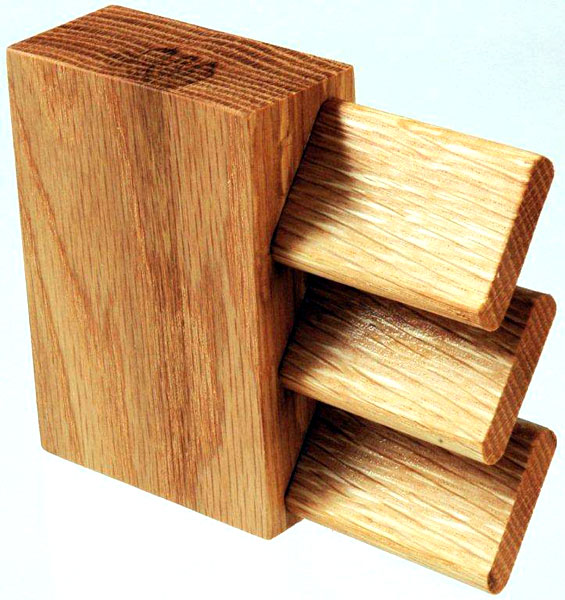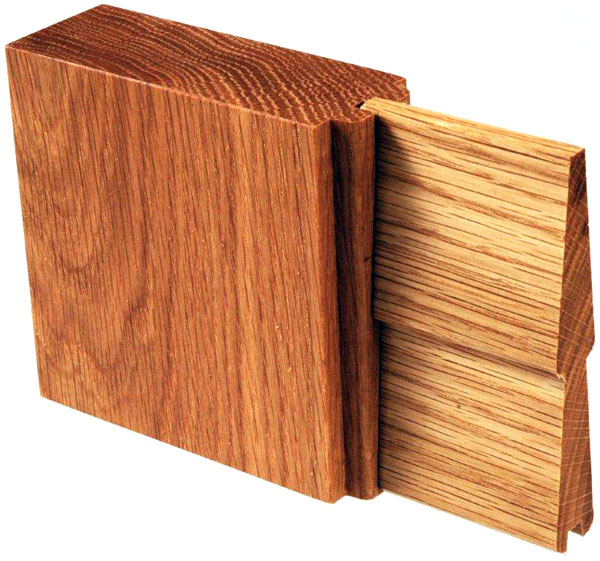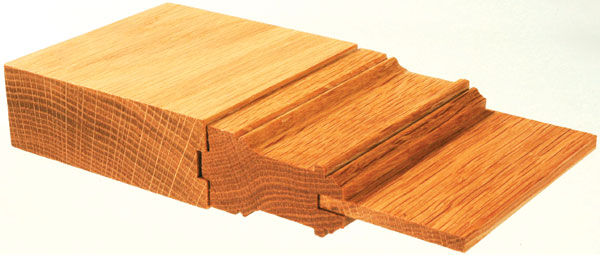Products.
OUR STATE OF THE ART, EUROPEAN MACHINERY CREATES DOORS WITH COMPLETE PRECISION
Our Wairarapa factory houses some of the most state-of-the-art machinery available in New Zealand. The heart of our manufacturing plant is the Weinig Conturex machine. Door orders are converted to a computer file, which the machine uses to shape the door frame components. We have the Unimat 23E which is a four-sided planer/moulder that provides press-button, tool positioning, that achieves extremely fine tolerances. We have also made a substantial investment in high-tech user-specific tooling from German specialist Leitz and the Swiss company Terminus. This throw-away-tip tooling provides the constant diameter cutting circle, essential for accuracy and superior finishing.
Our Doors
Interior Doors
Our interior doors are all made to measure. If you select the Lansdowne, Victorian, Bungalow or Craftsman doors for your project, matching doors can be made with raking heads for use under stairs or in a tight spot against a sloping roof – yet retain common features with the standard format doors. We can create almost anything.
Sheltered exterior doors
Every sheltered exterior door is custom-made to your specifications. This means you can change everything including wider side stiles, wider rails and making your midrail higher or lower. Our manufacturing method means this is all achievable with little more than a few keystrokes.
Martondale Entrance Doors
A grand entrance door can make a big impact. There is no mistaking the premium quality imbued in every Martondale solid wood entrance door. Slightly heavier components, a simple double-sided, angle-edged frame profile and solid-look panelling with unique panel profiles complete the Martondale range.
Door Extras
If you’re interested in making changes to any of the door available in our pricing catalogue you can find a list of the additional costs below:
Rebating $25 door
Beading $21 lite
Double Glazing Rebate + Bead $55 lite
Split Rail – French Door $100 door
19mm TG&V Sheathing vs 19mm Panel $100 door
Solid TG&V vs 19mm Panel $120 door
Panel vs Glass $80 panel
Barn Door Bracing (Page 15 Brochure) $100 per side
Cross Bracing $100 pair
Raked Head on Open Top $130 each
Raked Head on Panel $200 each
Stable Door $130 door
Porthole (beaded) $400 each
Victorian Style Panel vs Standard 19mm Panel $140 panel
Increased Component 25mm – styles $50 pair
Increased Component 25mm – top, mid or bottom rails $30 each
(Applies to both interior & sheltered exterior doors)
Standard size doors – 1980mm x 860mm. Side Lites 1980mm x 460mm. Prices in the brochure cover up to these sizes unless stated otherwise.
Prices for non-standard door sizes – For any door over the standard sizes above, please use the following formulas as a guide for pricing:
Door over 1980mm in height – Standard price from brochure divided by 1980 then multiply it by (height required) equals retail price of door.
Door over 860mm in width – Standard price from brochure divided by 860 then multiply it by (width required) equals retail price of door.
If a door is both over-height and over-width, apply the height formula first, then use the price that is given as your list prices and continue with the width formula.
Timber Species
Timber is a natural product and therefore no two pieces are exactly the same. Colours and grain patterns can vary widely from the examples below, but the pictures are intended as a reasonable guideline of what you might expect in the selected timber.
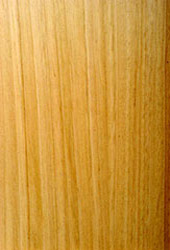
Victorian Ash
A Eucalypt (gum tree) milled in both Tasmania and Victoria. Sometimes called Tasmanian Oak. Attractive colour based around variations of pale pink. Heavy, very hard, and sometimes prone to thin dark streaks.
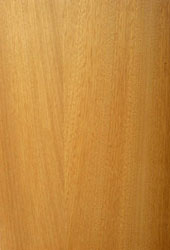
Tawa
Dwindling resource of this once widely used timber. Grades and quality can vary. Colour consistency is good, either yellow or white.
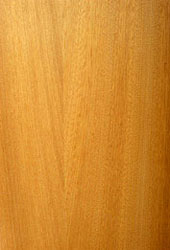
Mahogany
Very common once and making a modest comeback. Very consistent colour and grain. Very attractive material option for our products.
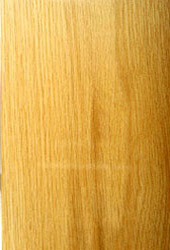
American White Oak
Premium creamy-light brown coloured interior finishing timber. Very good colour-matching with regular grain pattern. Popular with office fit-outs and the “high end” home market.
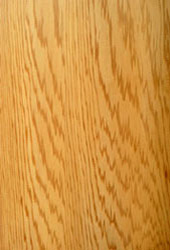
Cedar
Canadian Western Red Cedar is a very stable timber available for door construction. High colour variation can make it difficult to perfectly colour match doors. Cedar can easily vary from chocolate brown, to a redish colour. Care needs to be exercised when handling Cedar because of its soft characteristics.
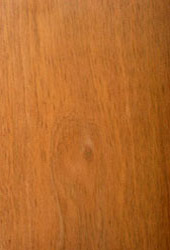
Jarrah
Red Australian hardwood. Very heavy with rich colour. Will sometimes have grey streaks through it. Popular for flooring and exterior joinery. Grades vary and defects including bark holes and resin pockets are common and cannot be totally avoided.
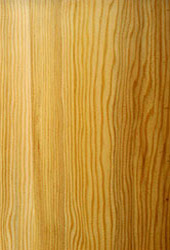
Oregon
A smooth fine texture with a strongly marked growth ring figure. This timber was once commonly used in door construction but has now virtually disappeared from use – except for the renovation market. This market generally requires Craftsman style doors.
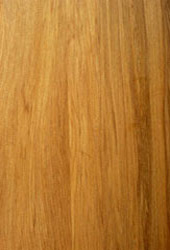
Heart Rimu
New Zealand’s premium appearance grade timber. Beautiful grain and colour-match properties. Availability of this timber can have an impact on our ability to produce doors in a timely manner. Care must be taken when positioning Heart Rimu product relative to direct sunlight.
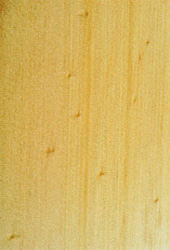
Hard Maple
Also known as American Maple, which has a fine, even texture and colour, and is straight-grained. A hardwood.
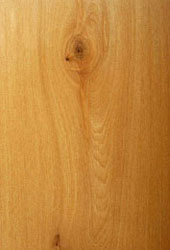
Cottage Rimu
Colour varies from a soft yellow through to reddy browns and creams. Contains knots and bark holes which tend to give a recycled appearance.
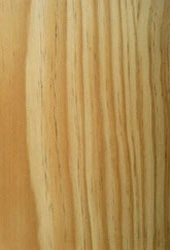
NZ Radiata
Untreated plantation grown pine for interior use. Tanalised for exterior. Generally used in paint quality doors.
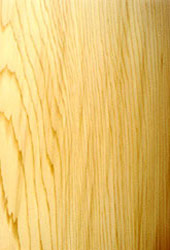
Cedar
Another colour variation to Canadian Western Red Cedar.

Kauri
Kauri is an even grained, light coloured timber sourced from the south pacific including Fiji and Vanuatu. It is a widely used and attractively priced door material. A relative of the now commercially unavailable New Zealand Kauri.
